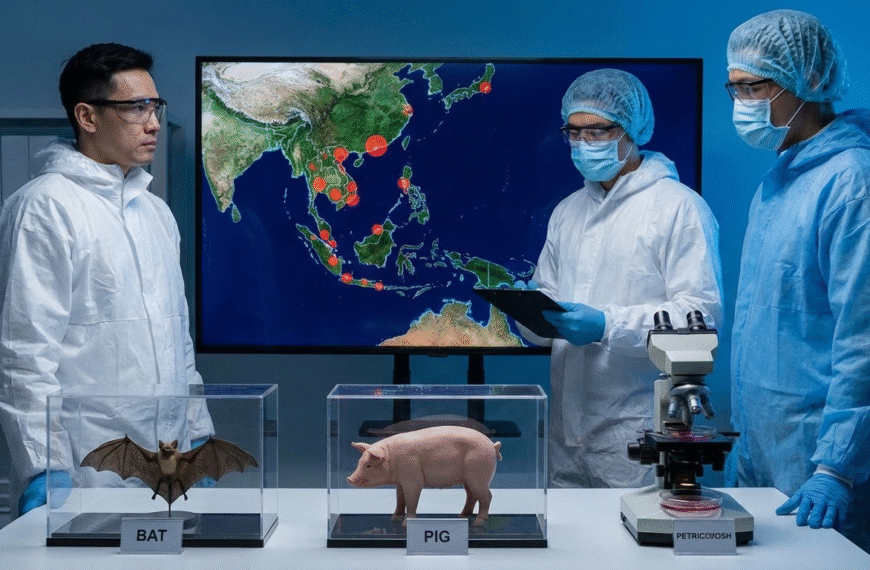Introduction
The illegal kidney trade in Myanmar is a growing crisis fueled by poverty, corruption, and a lack of strict regulations. Many vulnerable individuals, driven by financial desperation, are lured into selling their kidneys on the black market. This trade not only exploits the poor but also raises serious ethical and medical concerns.
How the Trade Operates
The illegal kidney trade in Myanmar is organized by middlemen who connect desperate sellers with wealthy buyers, often from foreign countries. Brokers target individuals in poor communities, offering them large sums of money in exchange for their kidneys. Many sellers are unaware of the long-term health risks and are often deceived about the actual payment they will receive.
Surgical procedures are conducted in secret, usually in private clinics or hospitals that turn a blind eye to the illegal nature of the trade. After the surgery, many donors face severe health complications, such as infections, kidney failure, and long-term physical weakness, with little to no medical support.
The Role of Poverty and Corruption
Extreme poverty is the primary reason individuals agree to sell their kidneys. With limited job opportunities and low wages, many see this as a way to escape financial hardship. However, instead of improving their lives, most find themselves worse off due to health issues and broken promises of payment.
Corruption further fuels the trade, with officials and medical professionals allegedly accepting bribes to facilitate illegal transplants. This lack of enforcement allows the trade to thrive, making Myanmar a hotspot for organ trafficking.
Ethical and Medical Concerns
The illegal kidney trade raises several ethical questions. Organ donation should be voluntary and not a result of financial desperation. Additionally, many sellers are not properly informed about the consequences of donating a kidney, which violates their right to make an informed decision.
From a medical perspective, illegal transplants pose serious risks. Poor surgical conditions and lack of post-operative care increase the chances of infections, complications, and even death. The absence of medical follow-ups means that many donors suffer in silence, without any legal recourse.
Government and International Response
Despite the seriousness of the issue, Myanmar’s government has been slow to take action. Weak law enforcement and widespread corruption make it difficult to crack down on illegal organ trafficking. International organizations and human rights groups continue to urge Myanmar to strengthen its legal framework and take strict action against those involved in the trade.
Conclusion
Myanmar’s illegal kidney trade is a deeply troubling issue that preys on the vulnerable and highlights the country’s ongoing struggles with poverty and corruption. Without stricter regulations and better economic opportunities, desperate individuals will continue to fall victim to this exploitative industry. Immediate action is needed to protect the lives and rights of those at risk.





















